How to Connect With Local Fire Department Chaplain Teams
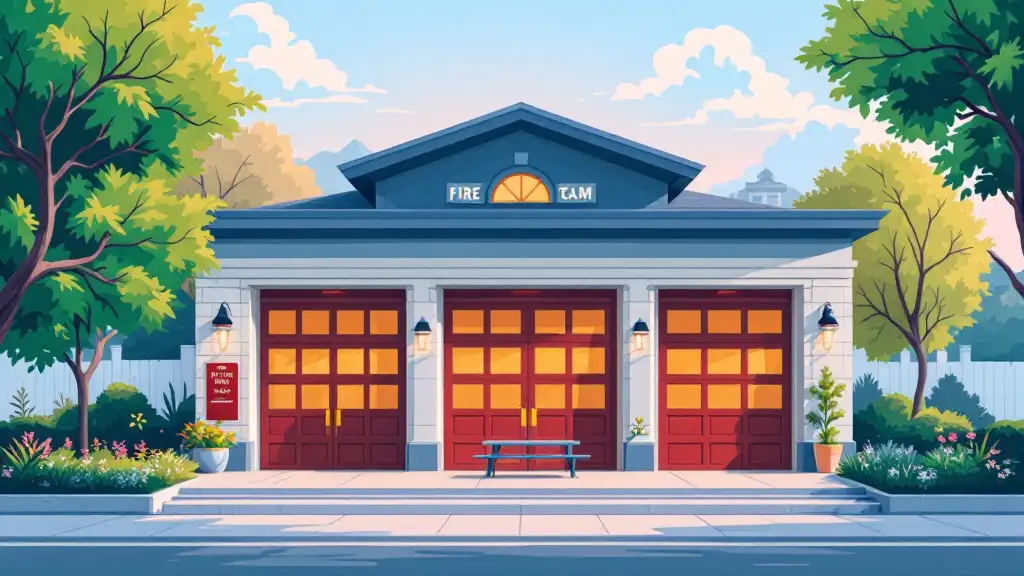

Fire department chaplain teams are a cornerstone of emergency services, providing crucial emotional, spiritual, and mental health support to firefighters, victims, and their families. Their work during critical incidents such as fires, accidents, and natural disasters helps foster resilience and community trust. This article explores how to connect with these vital teams, understanding their roles, establishing communication, and engaging in collaborative efforts to strengthen first responder support networks.
Fire department chaplain teams play a crucial role in supporting the emotional, spiritual, and mental well-being of firefighters, victims, and their families during and after emergencies. These teams are composed of trained volunteers who respond to a wide range of critical incidents, including fires, accidents, fatalities, and natural disasters.
During crises, chaplains operate under the direction of the Incident Commander, providing immediate emotional and spiritual support. Their presence helps calm distressed individuals, offer grief counseling, and facilitate communication between victims’ families and emergency responders.
Chaplain teams also conduct memorial and funeral services, ensuring that ceremonies honor the lives lost and provide closure for families and the community. They often participate in community events, outreach programs, and departmental celebrations to foster strong community relationships and trust.
In addition to crisis response, fire chaplains assist with death notifications, hospital visits, and debriefings for emergency personnel. They serve as a vital link between the fire service, religious organizations, and the wider community.
Supporting mental health is a core function; chaplains help address burnout, manage stress, and promote resilience among firefighters. They also assist in developing wellness initiatives and mental health programs tailored to first responders.
Overall, fire department chaplain teams offer compassionate, holistic support aimed at helping individuals and communities heal from trauma, while strengthening the bond between the fire service and the public they serve.
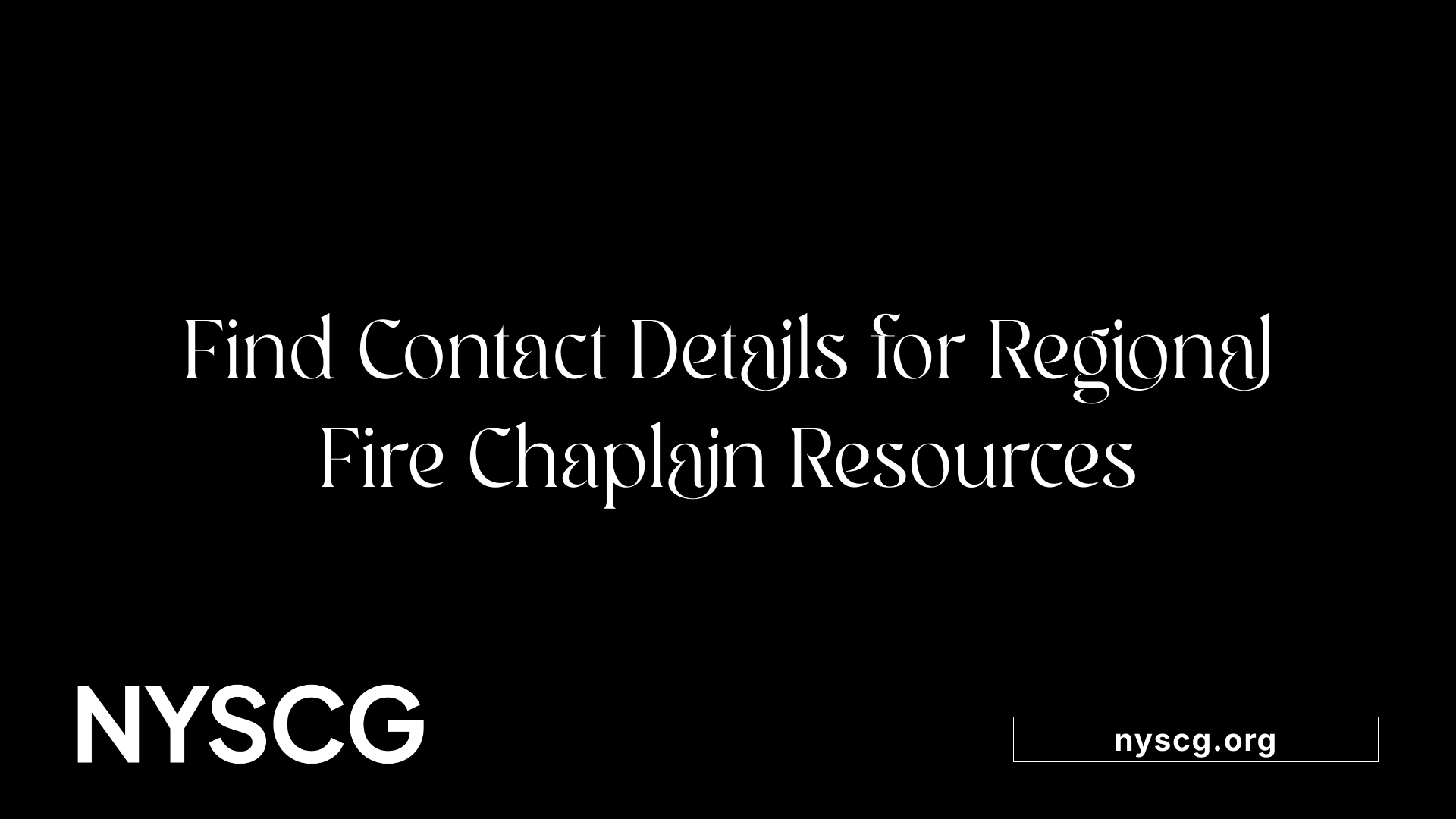 To connect with fire department chaplain teams, your first step should be to reach out directly to your local fire department. Many fire departments list their chaplain services and contact details on their official websites, making it easier to make an initial contact. These chaplain teams play a vital role in providing emotional and spiritual support during emergencies, funerals, memorials, and other significant fire service events.
To connect with fire department chaplain teams, your first step should be to reach out directly to your local fire department. Many fire departments list their chaplain services and contact details on their official websites, making it easier to make an initial contact. These chaplain teams play a vital role in providing emotional and spiritual support during emergencies, funerals, memorials, and other significant fire service events.
In addition to local departments, the Federation of Fire Chaplains (FFC) serves as a valuable resource for finding qualified chaplains across regions. The FFC can be contacted via phone at (469) 503-1566 or (469) 955-1522, or emailed at FFC.chaplain@gmail.com. They offer training programs, articles, and guidance to help connect you with professional fire and emergency services chaplains.
Regional coordinators also play a crucial role in linking fire departments with chaplain resources. For example, coordinators such as Rev. Bruce Arbour or Rev. Peter-Michael Preble are designated contacts for specific areas within Louisiana, providing tailored support and developing chaplaincy programs. These coordinators can be contacted through their provided email addresses or phone numbers, which are often listed on organizational websites.
For immediate assistance, especially during critical incidents or emergencies, contacting your fire department's appointed chaplain directly is recommended. Alternatively, local emergency management agencies like MEMA can provide support and connect you with available chaplain services.
In summary, there are multiple channels to find fire department chaplains and support services – from local department websites, national and regional organizations, to dedicated contacts for emergencies. Building a connection with these resources ensures that emotional and spiritual support is accessible when needed most.
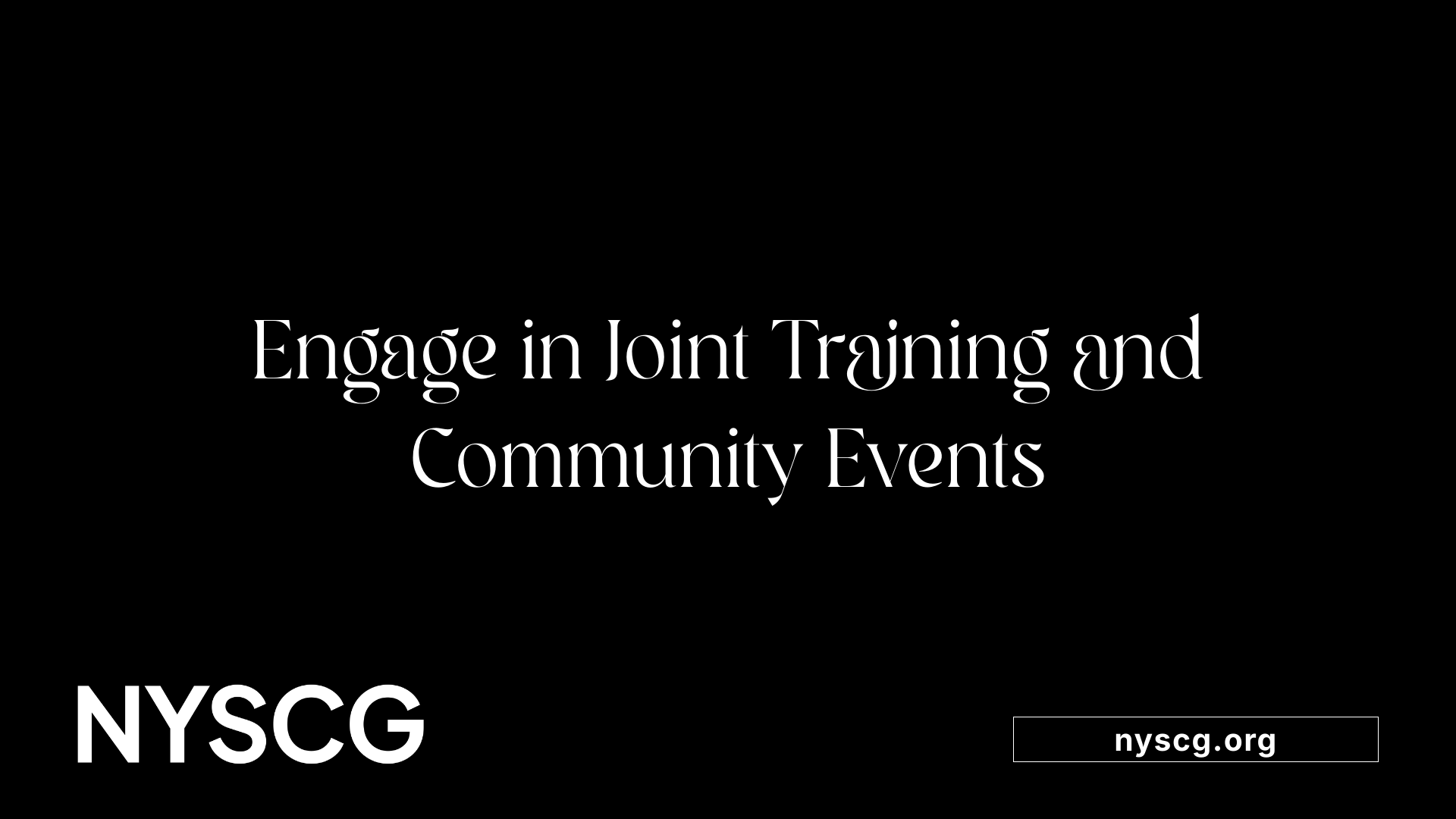 Building strong relationships with fire departments and regional chaplain networks is essential for effective support and collaboration.
Building strong relationships with fire departments and regional chaplain networks is essential for effective support and collaboration.
Official contact channels are the first step. Reach out through proper contact points provided by your local fire department or regional fire chaplain coordinators. Many organizations, like the Louisiana Fire Chaplain Network or the Federation of Fire Chaplains, have dedicated regional directors and contact information such as emails and phone numbers to facilitate communication.
Connecting with department leadership and chaplain coordinators helps foster trust and understanding. These leaders are often eager to integrate chaplains into their emergency response teams and community activities. Establishing regular contact can open avenues for participation in ride-alongs, joint training sessions, and community outreach programs.
Participation in departmental and community events creates visibility and demonstrates your commitment. Events may include memorials, community safety fairs, and officer wellness seminars. Volunteering for these activities helps develop rapport and trust, showing that you are a reliable partner for supporting first responders and the community.
Joint training and planning are vital for preparedness. Many organizations offer specialized training, such as Critical Incident Stress Management (CISM) or Basics of Fire Chaplaincy courses. Attending or even organizing joint drills allows chaplains and fire personnel to work seamlessly during real emergencies. These training sessions also provide opportunities to discuss strategies, clarify roles, and build a unified approach to crisis support.
Overall, effective communication and ongoing collaboration enhance the capacity of fire chaplains to serve, ensuring that their support during emergencies is timely, professional, and deeply rooted in strong community and departmental ties.
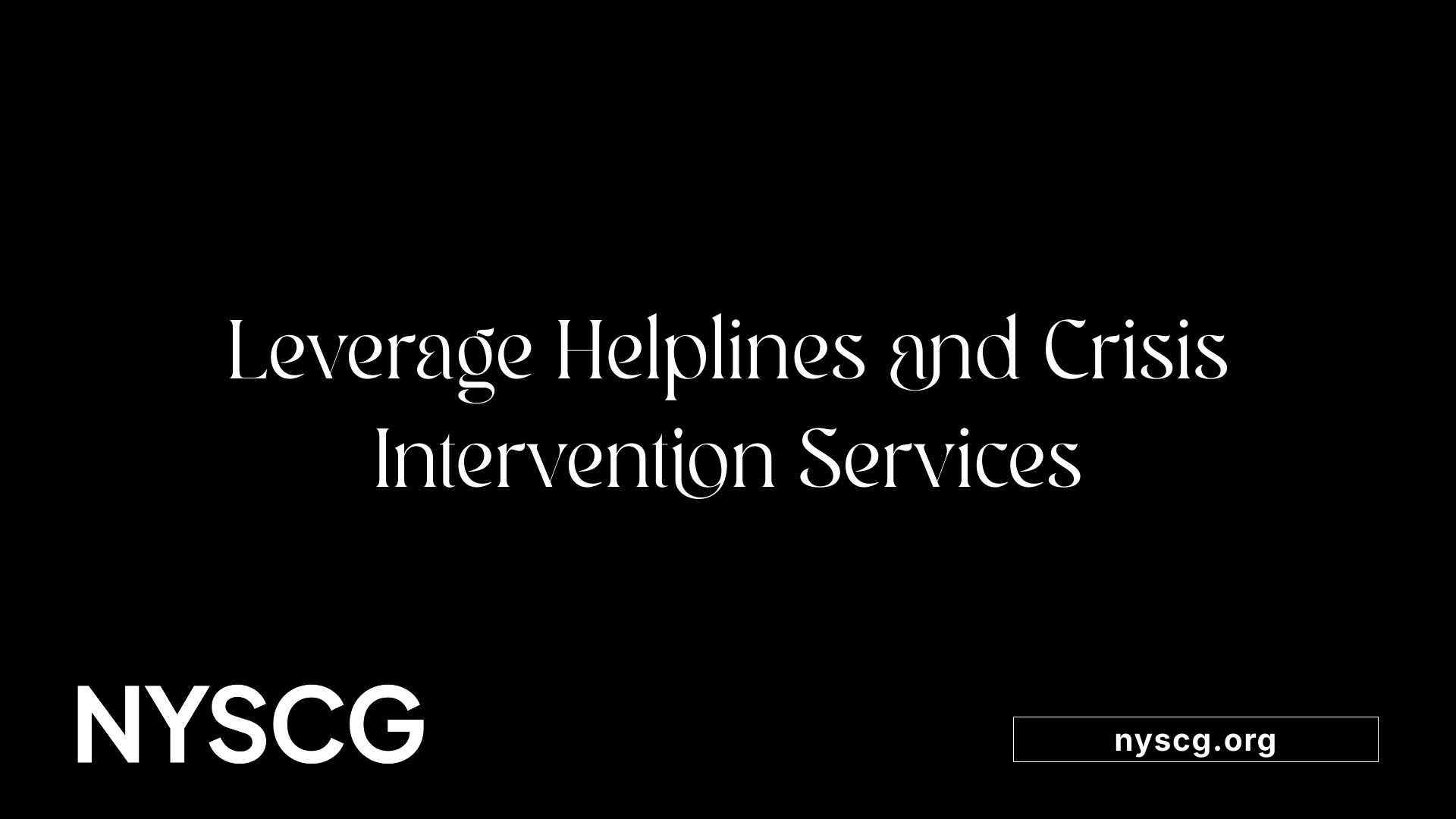
Fire department chaplain networks serve as vital resources in addressing mental health issues and fostering community connections. Regional and national organizations like the Federation of Fire Chaplains (FFC) provide training, mentorship, and support for chaplains to better serve firefighters and their communities. These networks help develop programs for emotional resilience, stress management, and peer support, ensuring that first responders have access to spiritual and psychological aid.
Numerous helplines are geared specifically toward first responders and their families. The Fire/EMS Helpline and the Firefighter/Family Crisis and Support Line offer confidential assistance, counseling referrals, and crisis intervention. The Safe Call Now helpline and similar services provide immediate mental health support for those experiencing trauma or emotional distress.
Yes, training programs like the Firefighter Behavioral Health Alliance and Critical Incident Stress Management (CISM) workshops equip chaplains and mental health professionals with the skills needed to support responders. These programs focus on stress reduction, trauma handling, and resilience building. The International Critical Incident Stress Foundation (ICISF) and local regional programs also offer educational events—such as seminars, retreats, and certifications—to foster ongoing growth.
Nationally, critical incident response services include the 988 Suicide & Crisis Lifeline, which provides immediate crisis support for anyone in emotional distress. The Heroes Helpline and the National Fallen Firefighters Foundation's Local Assistance State Team (LAST) offer specialized assistance to families of fallen firefighters, helping them navigate grief, benefits, and recovery.
| Resource Type | Examples | Purpose | Connection Details |
|---|---|---|---|
| Regional & National Organizations | Federation of Fire Chaplains, ICISF | Training, mentorship, program development | Contact via websites or regional directors |
| Helplines | Fire/EMS Helpline, Safe Call Now, Heroes Helpline | Immediate crisis support | Phone numbers available online |
| Training & Workshops | CISM, retreats, seminars | Stress management, resilience | Local and national offerings |
| Emergency Services | 988 Lifeline, LAST Program | Crisis intervention, grief support | National toll-free numbers |
Leveraging these resources ensures that fire departments and community organizations can provide comprehensive mental health and emotional support, strengthening the resilience of first responders and their families.
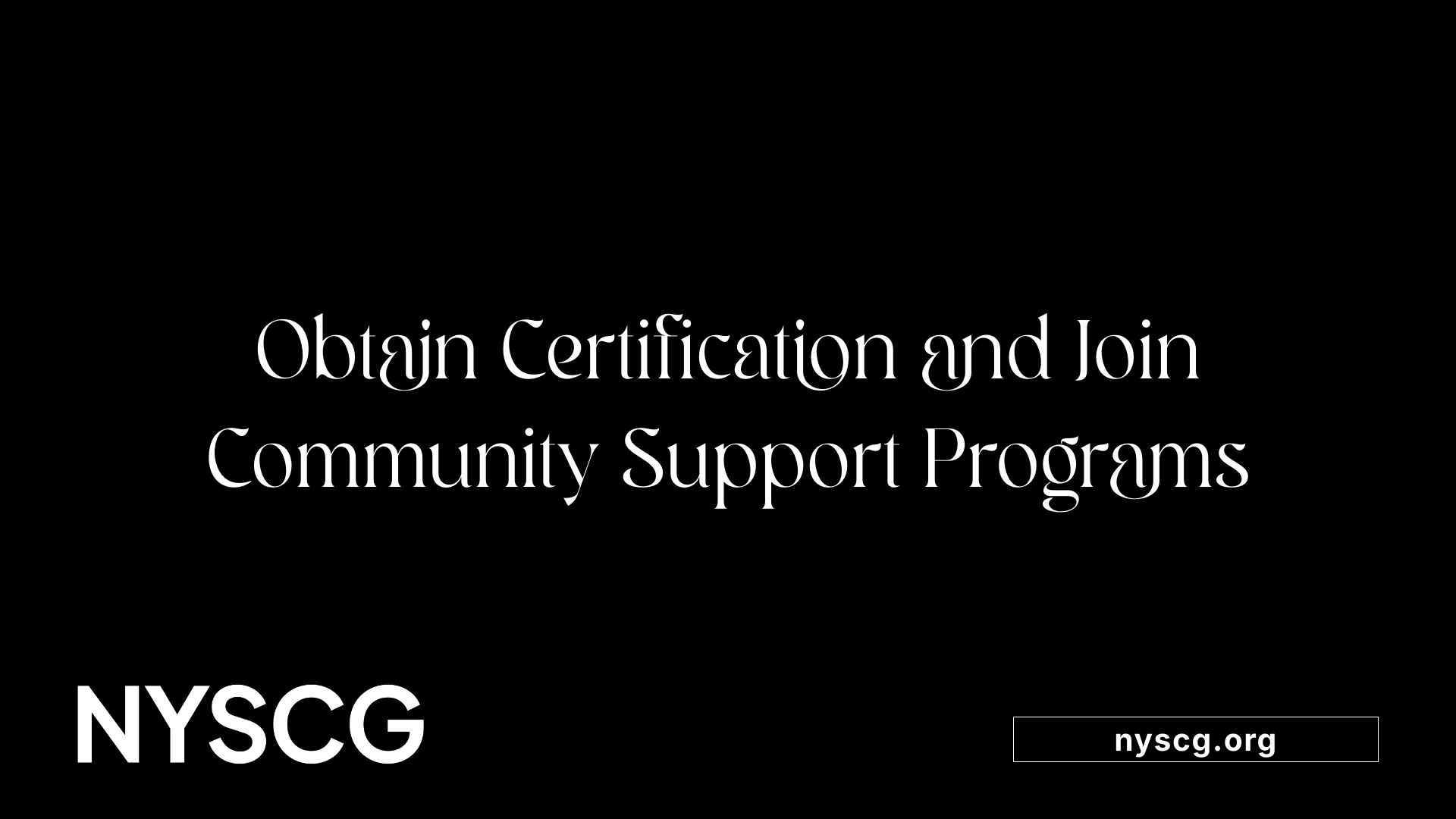
Getting involved in fire department chaplain programs begins with making connections at the local level. You can start by reaching out to nearby fire departments or regional chaplain coordinators to express your interest in volunteering. Many fire departments actively seek volunteers who are committed to providing emotional and spiritual support to firefighters, victims, and their families during crises.
Certification and credentials play an important role in formalizing your role as a chaplain. Organizations like the International Fire Officers Conference (I.F.O.C.) offer certification programs that help prepare volunteers through background checks, recommendations, and application processes. Achieving certification not only enhances your credibility but also ensures you meet the standards expected by fire service organizations.
Ongoing training is essential for volunteers to serve effectively. Programs such as Critical Incident Stress Management (CISM) training and other community service roles are frequently available through regional networks or national organizations. These educational opportunities equip volunteers with the skills needed to handle sensitive situations and provide mental health support.
Qualifications for volunteer chaplains often include a sincere desire to serve, good communication skills, and the ability to maintain confidentiality. Many programs look for individuals who can deliver peer support, participate in community events, and assist during emergencies. As you gain experience and additional training, your capacity to serve as a trusted resource for firefighters and the community will grow.
In summary, volunteering as a fire department chaplain involves reaching out to local units, obtaining appropriate certifications, participating in ongoing training, and demonstrating a genuine commitment to supporting first responders and their communities. Your dedication can make a meaningful difference in the lives of those facing crisis situations.
Connecting with fire department chaplain teams is a vital step toward enhancing emergency response support systems. Through understanding their roles, reaching out through official channels, establishing collaborative relationships, and engaging with available resources, individuals and organizations can strengthen community ties and ensure better mental, emotional, and spiritual support for first responders. As these programs grow and evolve, active participation and partnership will continue to be key in fostering resilient, prepared, and compassionate firefighting communities.
All you need is the will to make the world a better place.
New York State chaplain group inc. is a tax deductible organization with a federal tax Id number 92-383-4921